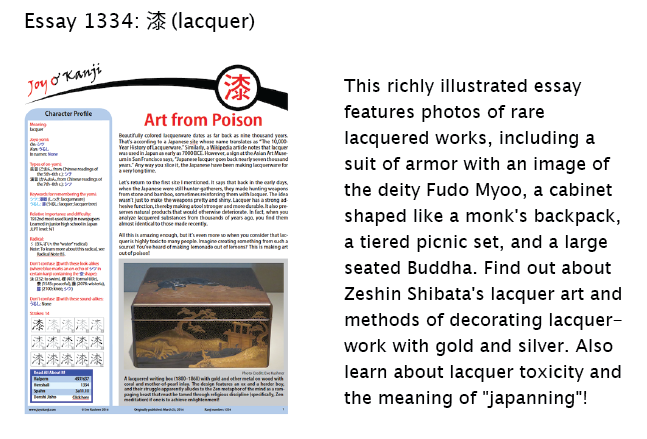To Lose One's Head and Light One's Heart on Fire
Today I'll present a roundup of gleanings from the week, starting with a quiz. What do you think this term means:
交わり (まじわり)
a. acquaintance
b. sexual intercourse
c. intersection
d. mixing
I'll block the answer with a photo of Chai and Masala, who have lived with us for six weeks now!

Photo Credit: Eve Kushner
a, b, and c are all correct! That is, 交わり means "(1) acquaintance; relations; fellowship; (2) sexual intercourse; (3) intersection." I was surprised that my proofreader defined it as "friendship" as we worked on a sample sentence, so I suppose that's another definition to add to the list!
If you want to make that friendship closer, you can add water and a fish. What?! Yes, I'm talking about this term:
水魚の交わり (すいぎょのまじわり: close friendship; intimate friendship)
water + fish + friendship
English speakers refer to people as being "like oil and water" when they're far too different to get along. And we say "like a fish out of water" for someone in the wrong environment. But I don't think English has a term anywhere close to "They go together like fish and water"!
To take friendship even further, mix in some decapitation! I'm talking about this word in which the first two kanji (both non-Joyo) collectively mean "decapitation":
刎頸の交わり (ふんけいのまじわり: inseparable friendship)
decapitation (1st 2 kanji) + friendship
Is it that the head and the rest of the body are as inseparable as two close friends?! No, no. One source defines 刎頸の交わり as a “friendship so close that one wouldn't even regret having to be decapitated because of the friend"! Another source has it as a "close friendship where two people live together and die together."
Incidentally, I've written about Japanese terms for "decapitation" twice before, and the first of those posts provided 10 such terms, but neither blog post included 刎頸. That just goes to show how many words the Japanese have for this phenomenon!

Photo Credit: Eve Kushner
Masala is fully on top of Chai!
Light Up the Heart
As long as we're talking about heartwarming ideas of close friendship (and stomach-turning images of decapitation!), I want to share an expression I encountered this week. It was in this sentence:
すべての警察官の心に火を灯してくれました。
He inspired police officers everywhere.
すべて (all); 警察官 (けいさつかん: police officer); 心に火を灯す (こころにひをともす: to light up one's heart, encourage)
Dictionaries don't include the expression 心に火を灯す, and the interpretation depends on the listener. I like thinking that inspiration is about lighting up the heart.

Photo Credit: Eve Kushner
Another way to be on top.
Let the Sun Shine
While we're on the topic of fire, here's a semi-related tidbit that was brand-new to me. The word 天日 has two yomi, and the meaning changes with the reading:
• てんじつ means "the sun," the blazing star that warms us.
• てんぴ means "sunlight" or "solar heat."
Good to know!
Essay 1334 on 漆 Now Out!
I'm excited to announce that essay 1334 on 漆 (lacquer) is now out and available for purchase. Here's a preview:

This essay features 30 photos, many of highly unusual lacquered pieces that most people will never have the chance to see. It's been awhile since I've written about something as visual as this, and it has been far too long since I've delved into a traditional Japanese art form in an essay. What a thrill it was to spend time considering one beautiful work after another. It fulfilled me deeply to think that Joy o' Kanji will keep affording me such opportunities.
Have a great weekend!

Comments